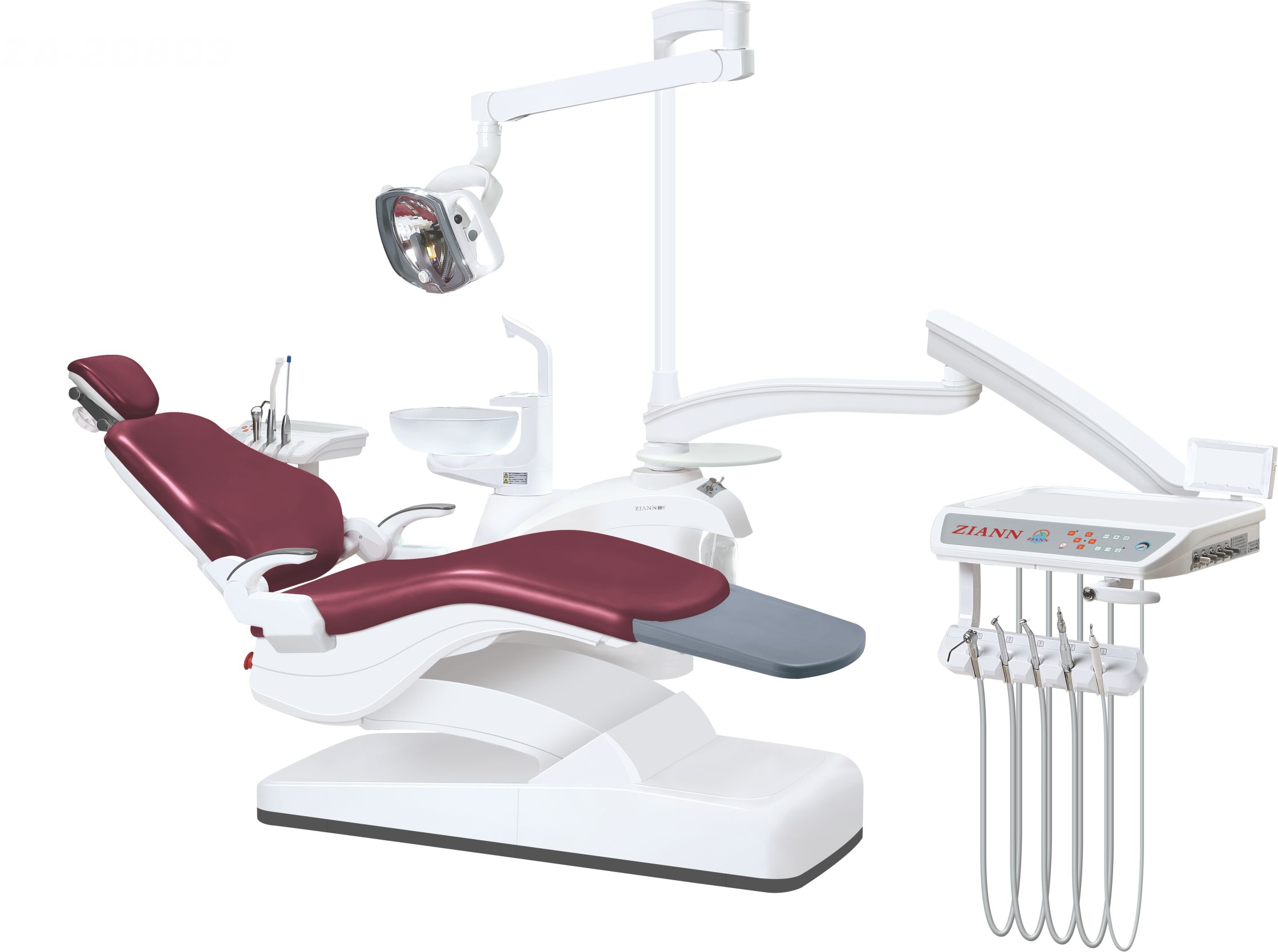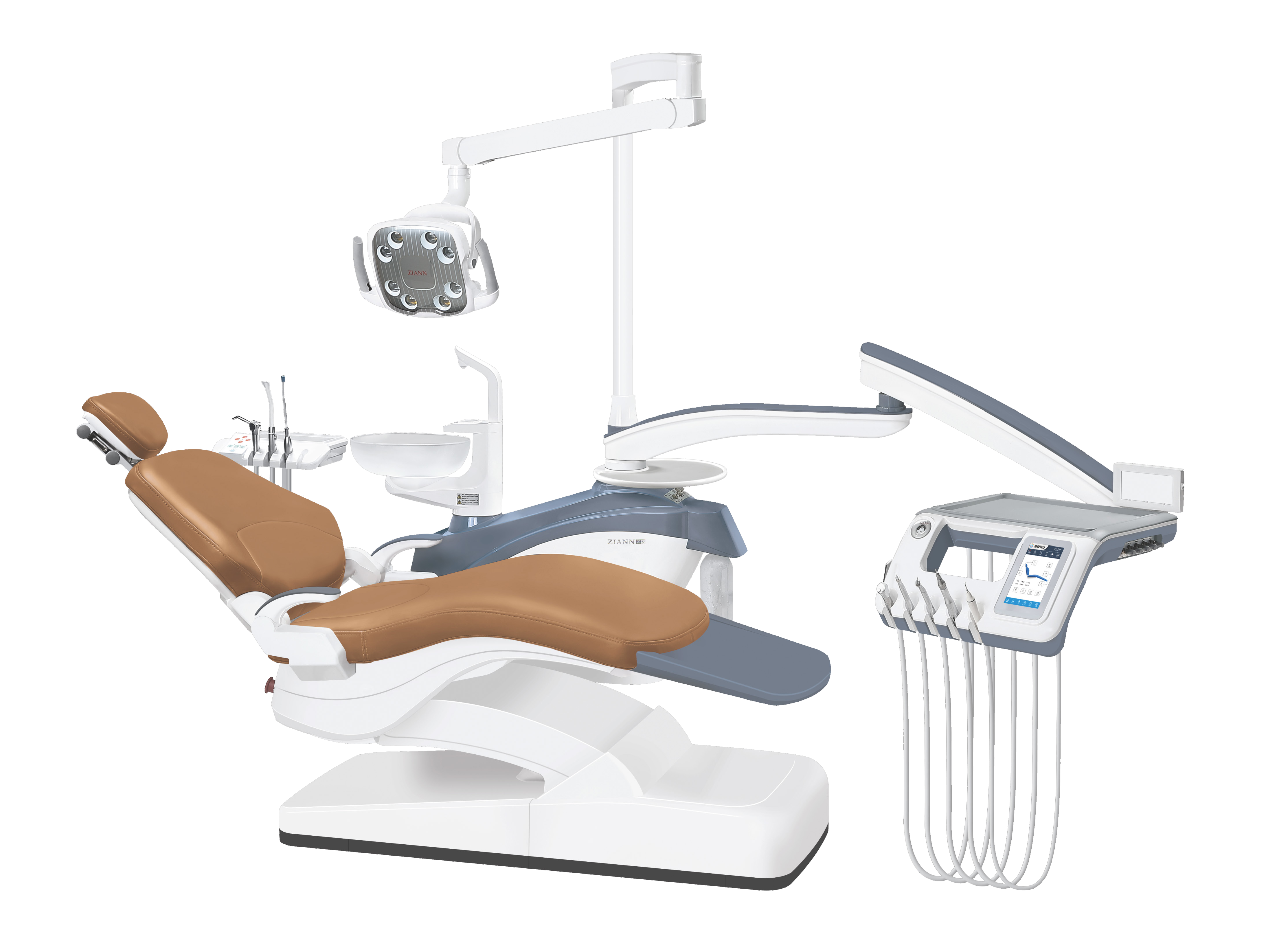As we all know, selecting the appropriate dental implant unit for your practice is more than a mere procurement decision—it's a strategic choice that impacts patient care, practice workflow, and long-term success.
With the evolving landscape of dental implant technology, understanding the nuances and factors involved in this decision-making process becomes crucial. In this post, the author would give a full guide to help you get the right dental implant unit.
Introduction to Dental Implant Units
Dental implant units represent the backbone of modern dental practices. The right unit can revolutionize patient outcomes, streamline procedures, and enhance overall efficiency. As technological advancements continue to shape the field, the importance of making an informed choice becomes increasingly evident.
What are Different Types of Dental Implant Units?
The journey begins with discerning the differences between traditional and modern implant units. Traditional units have their merits, but modern systems boast advancements that significantly enhance precision, durability, and versatility. Additionally, various implant systems cater to specific needs, whether it's screw-retained vs. cement-retained implants or considerations for full-arch restorations.
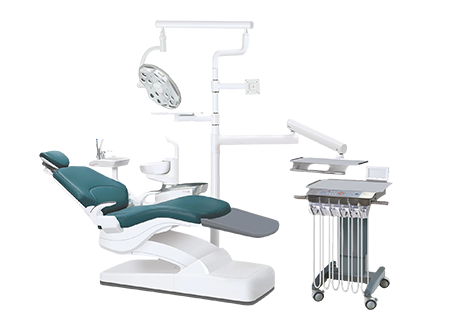
Factors You Need to Consider When Buying Dental Implant Units
Selecting the right dental implant unit for your practice involves a comprehensive evaluation that encompasses various aspects crucial to seamless integration and optimal performance. Here are key factors to consider:
Patient Demographics
Understanding the demographics of your patient base is fundamental. Different patient groups may have diverse dental needs and expectations. For instance, older patients might require implants for denture stabilization, while younger patients might seek single-tooth replacements or aesthetic enhancements. Choosing an implant unit that accommodates this range of needs ensures versatility and patient satisfaction.
Practice Workflow and Volume
Analyzing your practice's workflow and patient volume is essential. If your practice deals with a high volume of implant procedures, an implant unit that offers efficiency and quick turnaround times becomes paramount. Assessing how the unit integrates into your existing workflow ensures minimal disruption and maximum productivity.
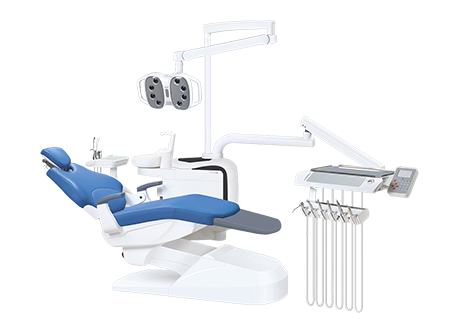
Compatibility with Current Equipment
Ensuring compatibility with your current equipment and technology infrastructure is crucial. The chosen implant unit should seamlessly integrate with your existing systems, such as imaging and CAD/CAM software, to optimize the overall workflow. Compatibility minimizes the need for additional investments and enhances operational efficiency.
Implant System Versatility and Flexibility
An implant system's versatility is a key consideration. Opt for a unit that offers a wide range of implant sizes and types to accommodate varying clinical situations. A flexible system allows for adaptability in treatment planning and caters to diverse patient needs, thereby enhancing your practice's capabilities.
Initial Cost vs. Long-Term Benefits
While the initial cost of acquiring a dental implant unit is a significant factor, it's essential to consider the long-term benefits it provides. Assess the return on investment (ROI) by factoring in improved patient outcomes, reduced chair time, and long-term durability. Sometimes, a higher initial investment can lead to substantial savings and enhanced performance over time.
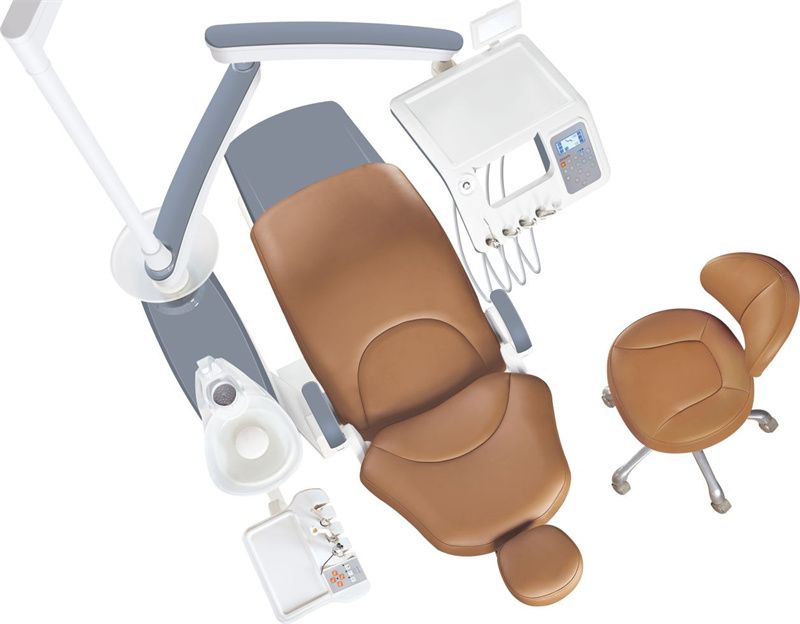
Maintenance and Training Costs
Evaluate the ongoing maintenance and training costs associated with the chosen implant unit. Consider expenses related to servicing, upgrades, and staff training. A unit with comprehensive training programs and minimal maintenance requirements may prove more cost-effective in the long run.
Conclusion
In the evolving landscape of dentistry, selecting the right dental implant unit is a strategic decision that impacts not only the practice's efficiency but also the quality of patient care.
Choosing the right dental implant unit is not just about embracing the latest technology; it's about aligning technological advancements with your practice's unique needs. This dynamic process ensures optimal patient care and sets the stage for embracing future trends in dental implant technology.



